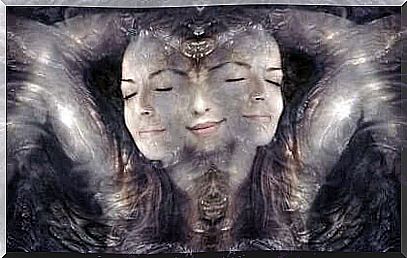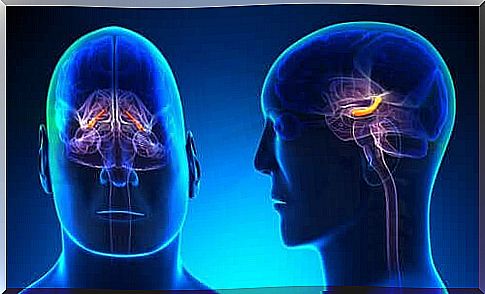The Relationship Between The Hippocampus And Self-esteem

The relationship between the hippocampus and self-esteem is very interesting. Your sense of identity is directly related to this brain structure and your memories.
In the early 20th century, Vladimir Beyterev discovered that it was related to memory and our emotional world.
Tim Keller of the Carnegie Mellon University Department of Psychology in Pittsburgh recently discovered that some people have a much larger hippocampus than others. Taxi drivers, who have a good spatial memory, are an example of this.
People who exercise and have a positive and high self-esteem also have a large hippocampus.

The relationship between the hippocampus and self-esteem
The hippocampus is also related to the other brain structure: the amygdala. This small limbic system gives rise to fear.
If the amygdala is not activated all the time and if it works properly, then the hippocampus should also work properly.
Fear is something very devastating. This anxiety and helplessness damages our neurochemistry and affects the hippocampus.
Hippocampus, emotions, identity and health
In 2018, Renmin University in China conducted an interesting study that tried to understand the relationship between the hippocampus and self-esteem. There was already a lot of information about this, but the researchers wanted to learn more.
They therefore studied a large proportion of the population using magnetic resonance images:
- All participants were divided into categories according to Rosenberg’s scale regarding self-esteem.
- Thereafter, the hippocampus was measured with magnetic resonance imaging.
- After studying the images, the researchers were able to establish that people with high self-esteem had a larger hippocampus.
- This became even clearer in people who had an active lifestyle and exercised.

Low self-esteem, traumatic memories and hippocampus
The neural circuits also show more connections if the person practices the following every day:
- Optimism
- Gratitude
- Joy
- Relaxation
- A positive self-image
- Self-confidence
- Relaxation
- Exercise
But what happens if you have low self-esteem? It is important to mention that self-esteem tends to fluctuate quite a bit.
There are times when you like yourself a lot and other days when you do not feel confident at all.
These variations do not affect our hippocampus. In fact, this structure is only damaged when a person suffers from post-traumatic stress or has chronically low self-esteem.
These may, for example, be people who have been abused during childhood.
In these types of traumatic situations, the memories that affect the hippocampus will be negative and painful.
The feeling of helplessness and the negative self-image that you experience when you remember them activates your amygdala. We will therefore be saved again.
This causes cortisol to be secreted into the bloodstream, which can damage the hippocampus by reducing its size.
How to maximize the relationship between one’s hippocampus and self-esteem
Your self-esteem is affected by how you see yourself. If you have a positive self-image, you will be able to improve your self-esteem.

How well your hippocampus feels depends on your general well-being. You should therefore try to keep your stress under control so that it does not affect this important structure.
You should also try to stay physically active and take mental breaks. Start with changes that will improve your well-being. It’s worth it!









